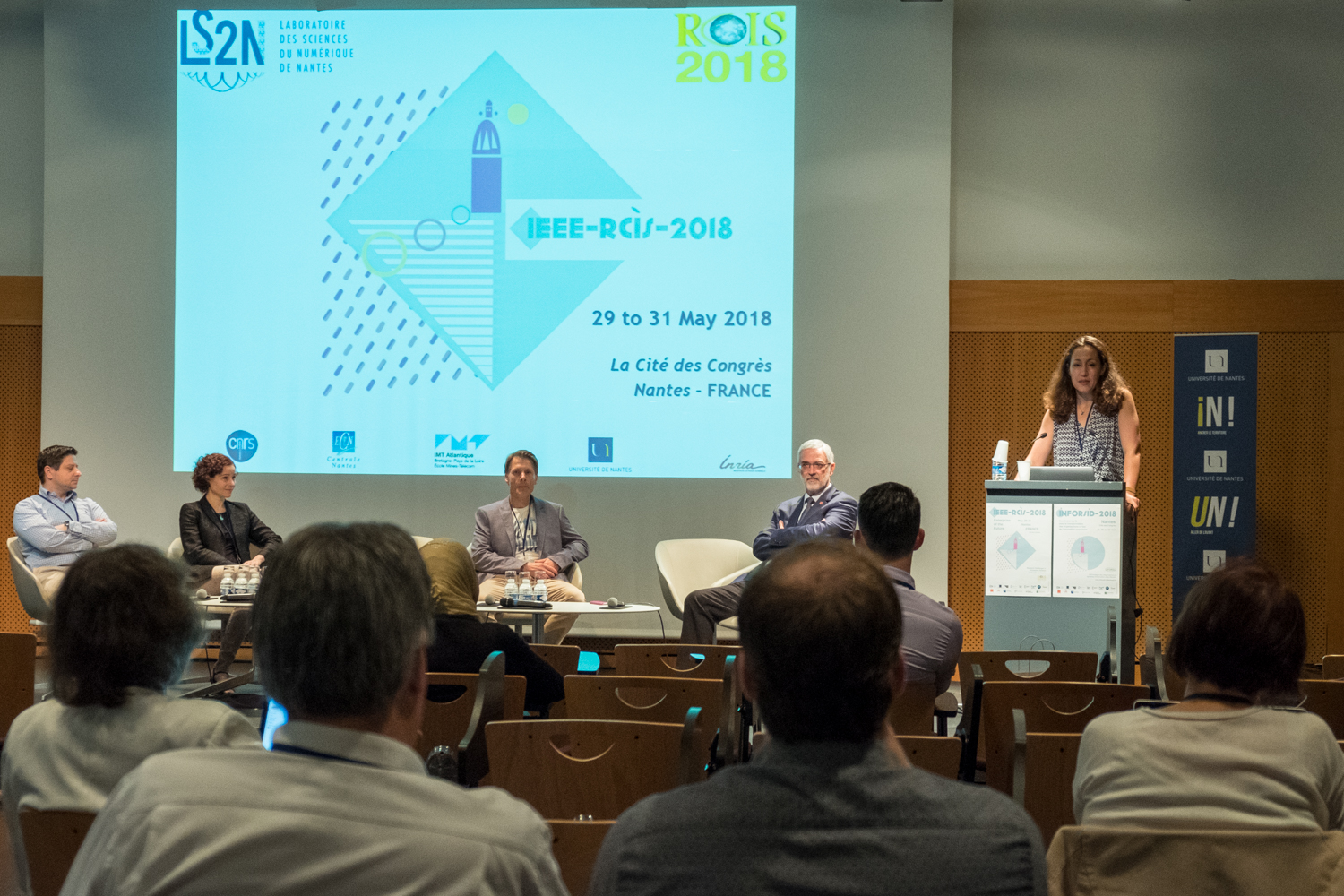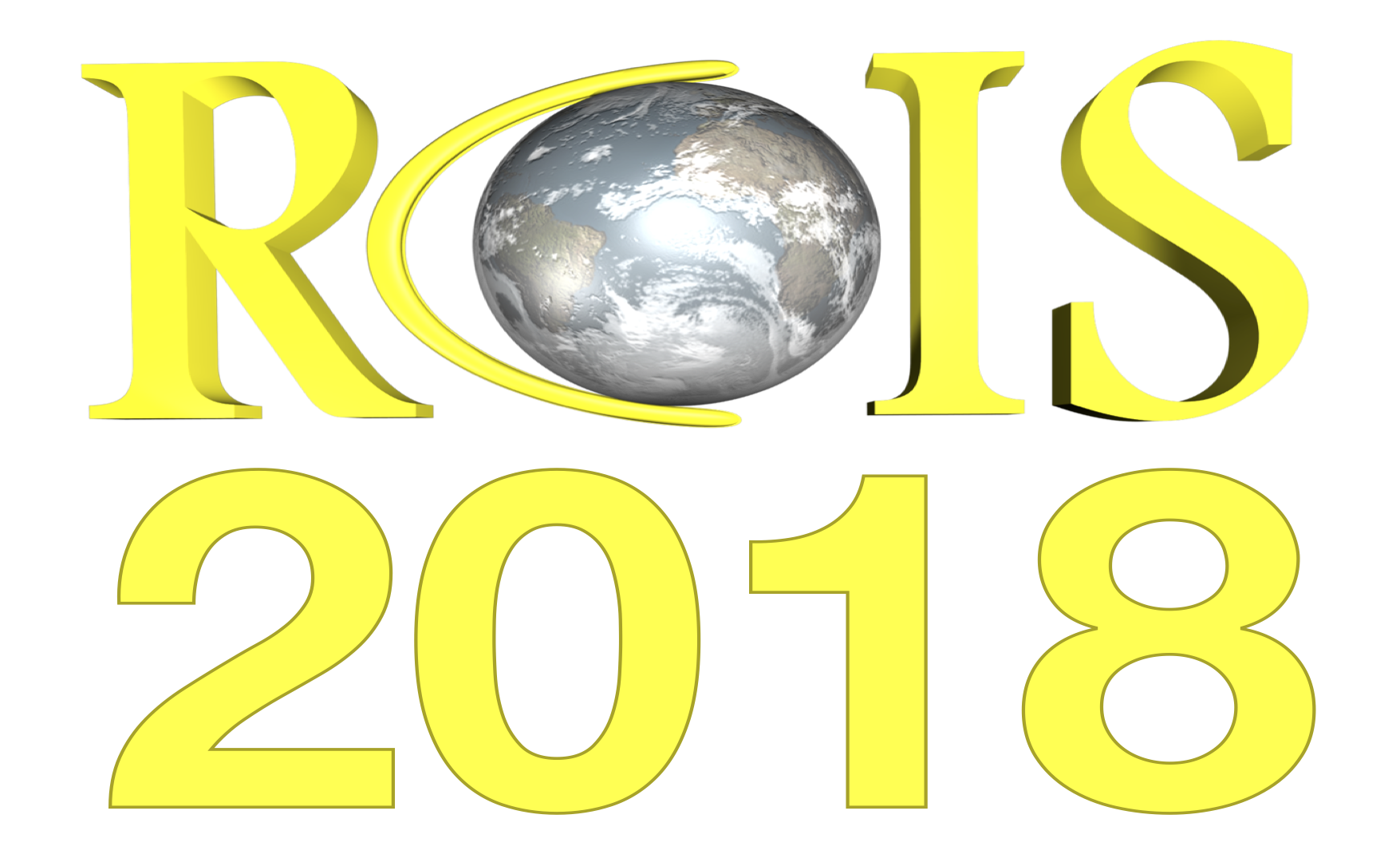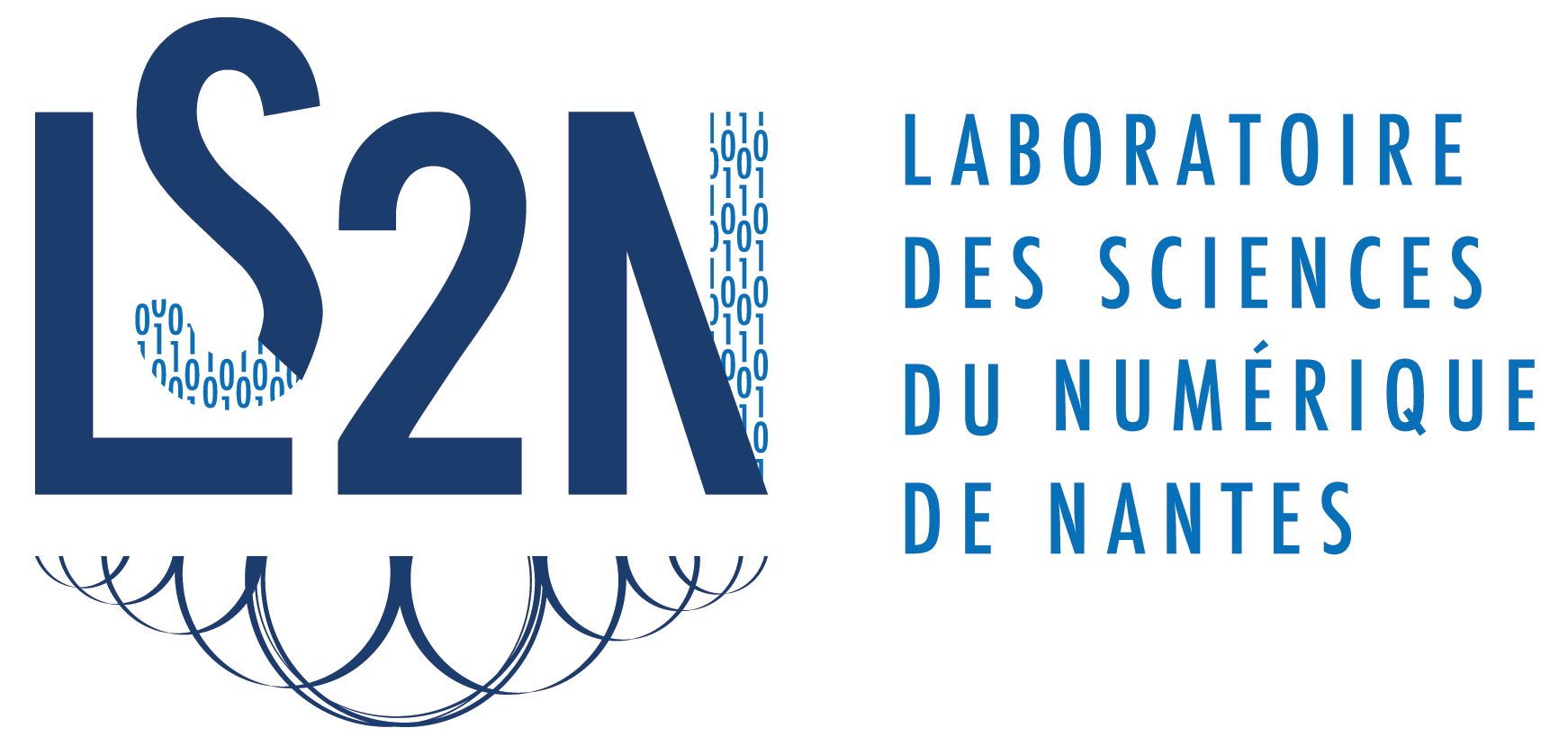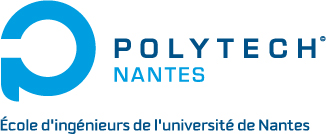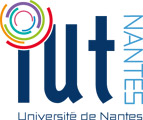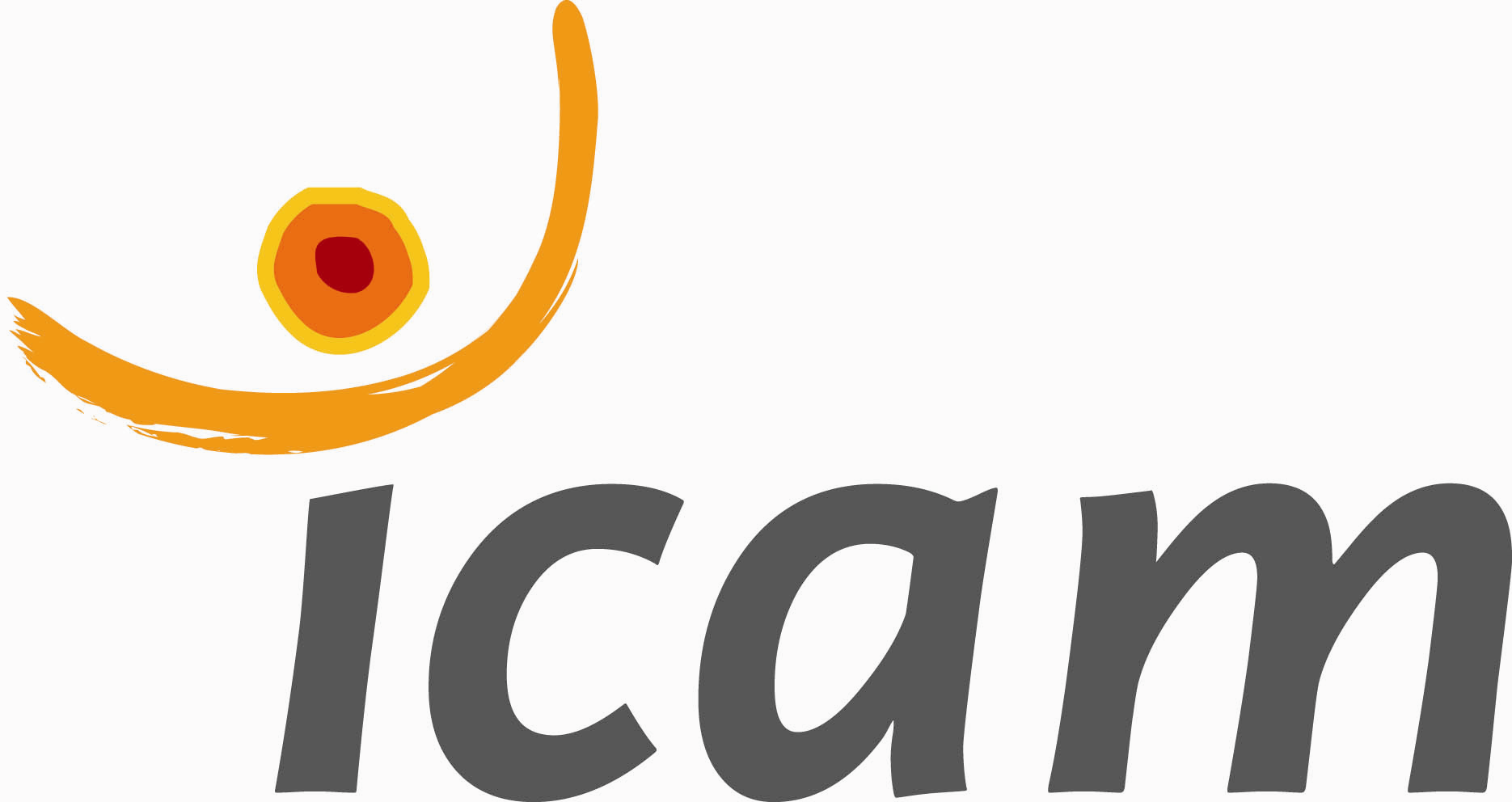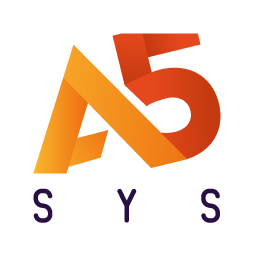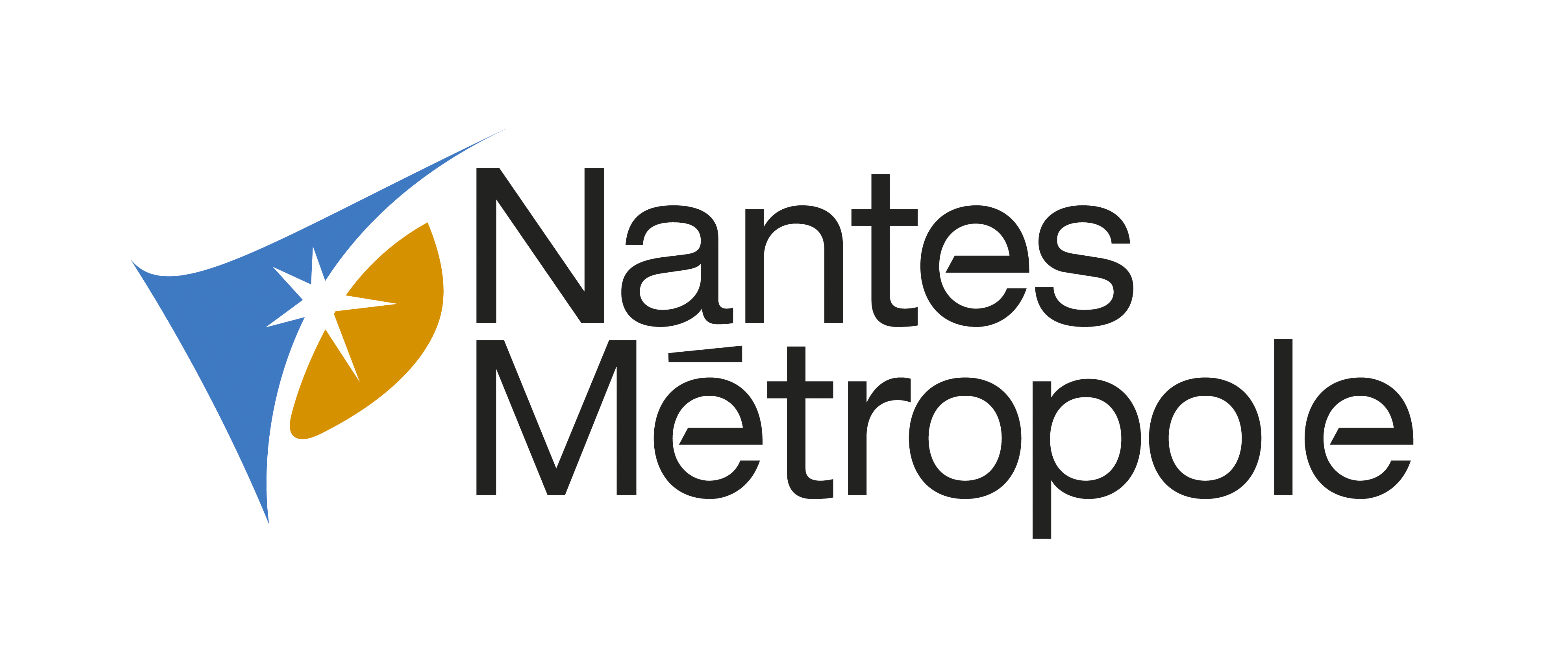February 2nd, 2018 February 9th, 2018
February 19th, 2018 February 26th, 2018
February 2nd, 2018 February 9th, 2018
February 2nd, 2018 February 9th, 2018
March 28th, 2018
April 13th, 2018
April 13th, 2018
| Organization : Organization committee |
| Webmaster : Séverine Rubin |
This theme is intended to explore how Information Science, in terms of methods and tools, can help enterprises and organisations face a wide range of challenges, thanks to the power of Information. Indeed, enterprises need to be able to continually innovate as fast as (or faster than) their highly fluctuating environments and markets. However, complexity of information representation and exploitation, decision-making processes at multiple levels and their important –often unforeseen - effects, drastically impact enterprises agility and innovation. How does Information Science currently influence the future of enterprises and how can it influence it in a more efficient and innovative way? What are the main strategic challenges? How can Information Sciences strengthen and become an unavoidable and fundamental pillar of the Enterprise of the Future?
RCIS welcomes submissions from a diverse spectrum: the list of themes and topics includes, but is not limited to, the following themes and topics:
Information Systems and their Engineering
|
User-Oriented Approaches
|
Data and Information Management
|
Enterprise Engineering
|
Applications
|
Business Intelligence
|
Information Infrastructures
|
Reflective Research and Practice
|
Tutorials, Doctoral Consortium, Posters and Demos will complement the main conference.
Technical solution papers present solutions that are novel or significantly improve existing solutions. A technical solution paper must include a preliminary validation of the proposed solution, and results must be stated clearly enough so that it is possible to validate them in later research. Maximum page count is 12.
Evaluation papers evaluate existing problem situations or validate proposed solutions through scientific means, i.e. by empirical studies, experiments, case studies, simulations, mathematical proofs, etc. The research method must be sound and appropriate. Maximum page count is 12.
Industrial practice and experience papers present problems or challenges encountered in practice, describe success or failure stories, or report on industrial practice. The practice must be clearly described and its context must be given. Maximum page count is 12.
Work in progress papers present relevant preliminary results that may not have been fully validated yet. The work presented should be advanced enough as to show its contribution and significance. Maximum page count is 6.
The submission site address is https://www.easychair.org/conferences/?conf=rcis2018.
By submitting a paper, authors implicitly agree that at least one of them will register to the conference and present the paper. It is expected that at least one author will register for each accepted paper. Only papers that have been presented by their authors during the conference will be published as part of the IEEE Proceedings.
Accepted papers will be submitted to IEEE for publication in IEEE Xplore digital library using the IEEE 2-column format (http://www.ieee.org/conferences_events/conferences/publishing/templates.html). In case you wish to format your paper according to this template you may use the IEEE PDF eXpress tool (http://www.pdf-express.org/) to convert your source file into an IEEE Xplore-compliant PDF file or to check if your own PDF file is IEEE Xplore‐compliant. IEEE PDF eXpress is a free service to IEEE conferences, allowing their authors to make IEEE Xplore‐compatible PDFs (conversion function) or to check PDFs that authors have made themselves for IEEE Xplore compatibility (PDF check function). The conference ID for the IEEE PDF eXpress can be found on the RCIS 2018 web site. It is important to note that submitting a file to IEEE PDF eXpress is only for creation or checking of a compliant PDF file and does not work as a submission; you must still submit your final paper through the submission site indicated above.
For more information about how to use IEEE PDF eXpress, please see rcis2018/express.html
| Regular paper submission deadline: | February 2nd, 2018 February 9th, 2018 Anywhere on Earth”, i.e., UTC-12 |
| Author notification and registration opening: | March 28th, 2018 |
| Camera-ready deadline: | April 13th, 2018 |
| Author registration deadline: | April 13th, 2018 |
| RCIS’2018 Conference: | May 29-31, 2018 |
|
General Chair Marko Bajek Program Chairs Bénédicte Le Grand Haris Mouratidis Doctoral Consortium Chair Isabelle Mirbel Naveen Prakash Posters & Demos Chairs Rébecca Deneckère Slavko Zitnik Tutorial Chairs Jelena Zdravkovic Ignacio Panach Navarrete |
Proceedings Chair Raul Mazo Publicity Chair Michalis Pavlidis Financial & Organization Chair Dalila Tamzalit Alain Bernard Web Manager Séverine Rubin |
Steering Committee Marko Bajec Pericles Loucopoulos Selmin Nurcan Oscar Pastor Colette Rolland Roel Wieringa Saïd Assar Jolita Ralyté Haralambos Moratidis |
